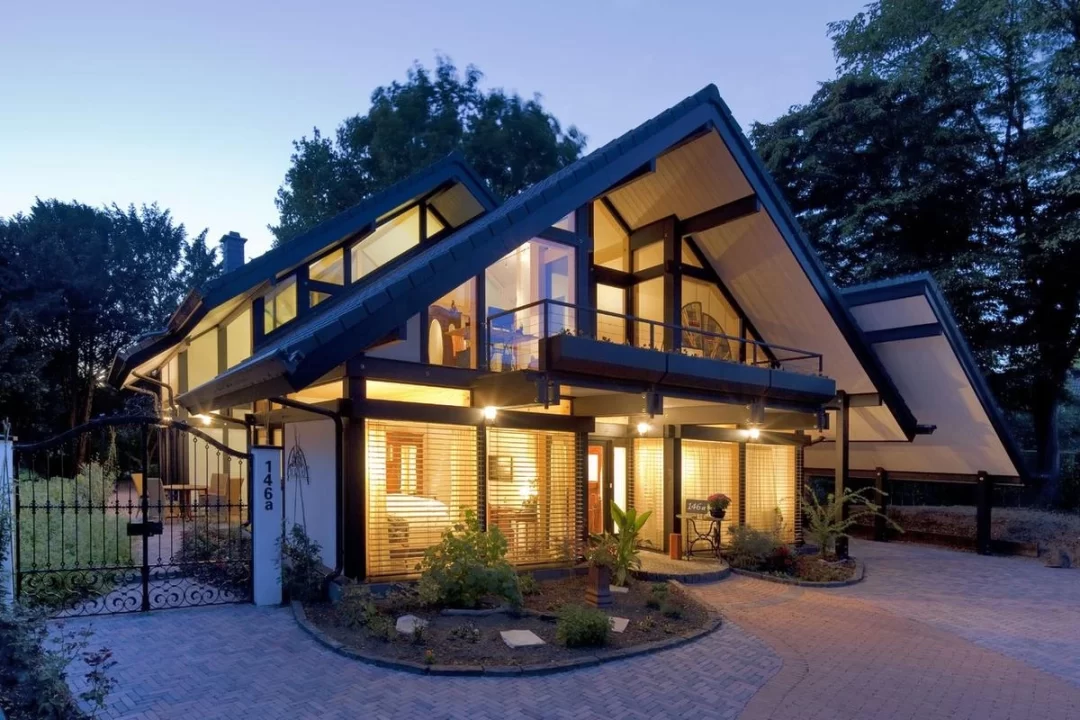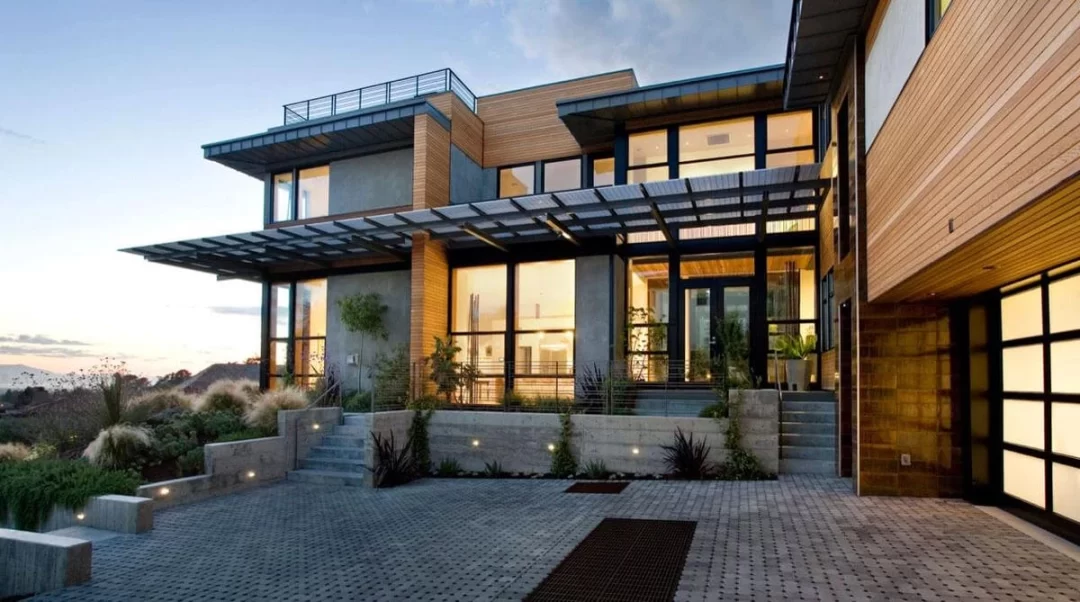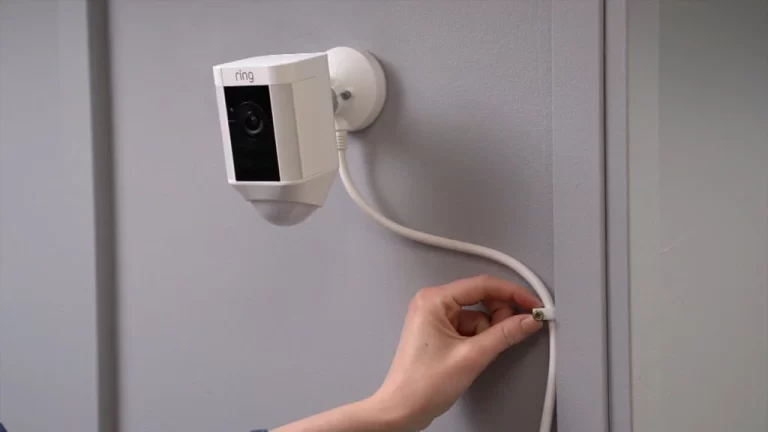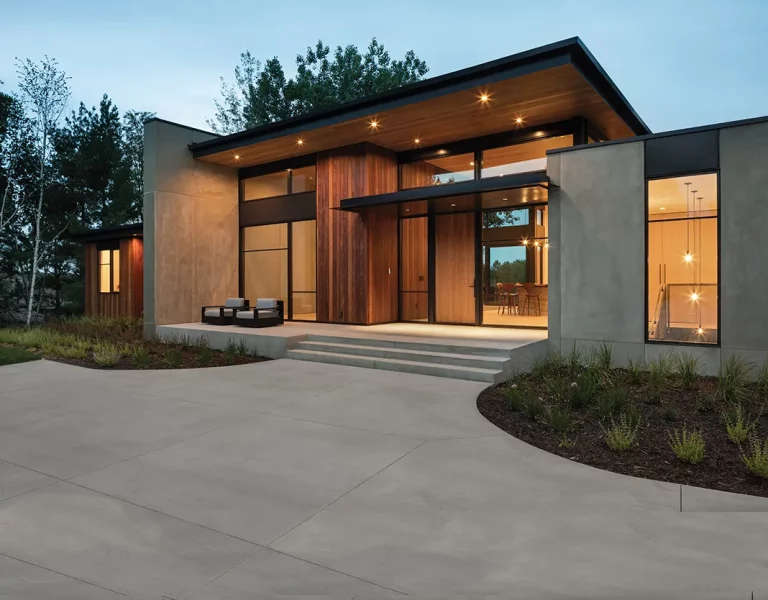What is the Benefit of an Energy Efficient Home?
What is the benefit of an energy efficient home? Discover the numerous advantages of having an energy-efficient home. Learn how it can save you money, improve comfort, reduce environmental impact, and contribute to a sustainable future.

What is the Benefit of an Energy Efficient Home?
People are increasingly aware of the benefits these homes offer not only for their wallets but also for the planet.
An energy-efficient home is designed to use minimal energy to maintain comfortable living conditions, reducing the overall environmental impact.
An energy-efficient home provides a wide array of benefits, making it an attractive choice for homeowners and prospective buyers alike. What is the benefit of an energy efficient home? Let’s explore these advantages in detail:
1. Lower Energy Bills
One of the most significant advantages of an energy-efficient home is the considerable reduction in energy consumption.
By using advanced insulation, energy-efficient appliances, and smart technologies, these homes can significantly lower your monthly utility bills. The savings can add up over the years, putting more money back in your pocket.
2. Improved Comfort
Energy-efficient homes offer a more comfortable living environment compared to traditional homes.
With better insulation, efficient heating and cooling systems, and proper ventilation, these homes maintain a consistent and pleasant indoor temperature throughout the year.
Say goodbye to cold drafts in winter and sweltering heat in summer!
3. Reduced Environmental Impact
Embracing energy efficiency means reducing your carbon footprint. Energy-efficient homes consume less electricity, which, in turn, decreases the demand for energy production from fossil fuels.
By using less energy, you contribute to the fight against climate change and help protect the environment for future generations.
4. Enhanced Home Value
Investing in an energy-efficient home can increase its market value. As the demand for sustainable living rises, energy-efficient features have become desirable selling points for homebuyers.
Moreover, energy-efficient homes often meet or exceed the latest building standards, making them more attractive to potential buyers.
5. Healthier Living Space
Energy-efficient homes are designed with better indoor air quality in mind.
Advanced ventilation systems and materials with low volatile organic compounds (VOCs) promote healthier indoor air, reducing the risk of respiratory issues and allergies. Your family’s well-being will thank you.
6. Long-Term Savings
While the initial cost of building or retrofitting an energy-efficient home may be higher, the long-term savings are well worth the investment.
Lower energy bills and reduced maintenance costs translate to significant savings over the years.
7. Government Incentives
Many governments offer incentives and rebates to encourage homeowners to adopt energy-efficient practices.
These incentives can further offset the upfront costs and make transitioning to an energy-efficient home more affordable.
8. Noise Reduction
Proper insulation in energy-efficient homes not only keeps the temperature comfortable but also acts as a barrier against external noises.
Enjoy a peaceful and serene living environment without disturbances from the outside world.
9. Enhanced Resilience
Energy-efficient homes often incorporate green building practices, making them more resilient to natural disasters and extreme weather events.
With better construction and design, these homes can withstand harsh conditions and provide a safe haven for occupants.
10. Reduced Demand on Utilities
As more households embrace energy efficiency, the overall demand for electricity decreases. This reduction in demand can help prevent energy shortages and potential blackouts, ensuring a more stable energy grid.
How to Achieve Energy Efficiency in Your Home

Now that we’ve seen the numerous benefits of energy-efficient homes, you might be wondering how to make your own home more energy-efficient. Here are some practical steps you can take:
1. Conduct an Energy Audit
Start by conducting an energy audit of your home. Identify areas where energy is being wasted, such as drafts around windows and doors, inefficient appliances, or inadequate insulation.
An energy audit will help you prioritize areas that need improvement.
2. Upgrade Insulation
One of the most effective ways to improve energy efficiency is by upgrading your home’s insulation.
Properly insulated walls, attic, and floors will retain heat in the winter and keep your home cool in the summer, reducing the need for constant heating and cooling.
3. Install Energy-Efficient Appliances
Replace old, energy-hungry appliances with energy-efficient models.
Look for appliances with the ENERGY STAR label, as they meet strict energy efficiency guidelines set by the U.S. Environmental Protection Agency (EPA).
4. Optimize Heating and Cooling
Heating and cooling account for a significant portion of a home’s energy consumption. Optimize your HVAC system by regularly maintaining it, using programmable thermostats, and sealing ducts to prevent air leaks.
5. Utilize Natural Light
Make the most of natural light during the day by keeping curtains open and utilizing skylights or sun tunnels. This will reduce the need for artificial lighting and save energy.
6. Switch to LED Lighting
LED bulbs use significantly less energy than traditional incandescent bulbs and last much longer. Switching to LED lighting throughout your home can lead to substantial energy savings.
7. Invest in Smart Technologies
Consider investing in smart home technologies that allow you to control your home’s energy consumption remotely. Smart thermostats, lighting systems, and energy monitors can help you optimize energy usage.
8. Seal Air Leaks
Identify and seal air leaks around windows, doors, and other openings. Caulk and weatherstrip these areas to prevent heated or cooled air from escaping, leading to energy waste.
9. Use Energy-Efficient Windows
If you’re considering a renovation or building a new home, opt for energy-efficient windows. These windows are designed to minimize heat transfer, keeping your home comfortable all year round.
10. Harness Renewable Energy
Consider installing solar panels or other renewable energy sources to generate clean electricity for your home.
While the initial cost may be significant, it can lead to substantial savings in the long run and reduce your dependence on fossil fuels.
Conclusion
In conclusion, the benefits of owning an energy-efficient home are substantial and wide-ranging.
Not only do these homes lead to lower energy bills and increased comfort, but they also contribute to a cleaner environment and a more sustainable future.
By making small changes, such as upgrading insulation, using energy-efficient appliances, and adopting smart technologies, homeowners can transform their houses into energy-saving havens.
READ ALSO!!!



